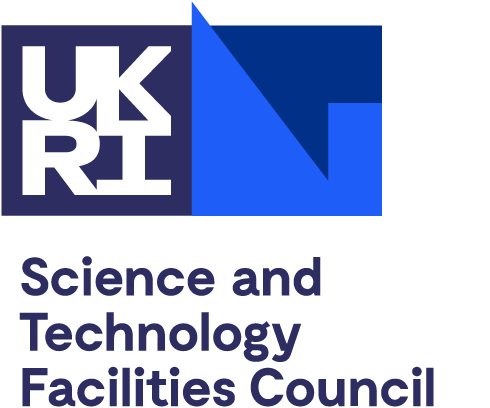Applicants should note that research grant panels will judge the proposal against the following key assessment categories for Frontier Research programme proposals, that is, consolidated and project (Projects Peer Review Panel) grants. These will also form the basis for other opportunities.
The way these criteria are measured will vary according to the nature of the funding opportunity or scheme and not all criteria will always be relevant. Applicants should therefore refer to the guidelines for the funding opportunity or scheme for which they are applying for specific details.
This also applies to other Science and Technology Facilities Council (STFC) funding opportunities and schemes (for example, fellowships, public engagement or knowledge exchange). Applicants are reminded that peer review is based on evidence provided in a proposal.
Primary criteria
Scientific and technical excellence
Examples of scientific and technical excellence are:
- the scientific merit of the project and its potential to make a significant contribution to advancement of the area
- the timeliness of the project
International competitiveness
An example of what we are looking for in international competitiveness is the international relevance of the research, in both European and global arenas.
Strategic value within the STFC programme
An example of strategic value within the STFC programme is the alignment of the project or facility to STFC strategic objectives and core business activities.
Leadership, planning and project management
Examples of leadership, planning and project management are:
- the level of UK leadership and track record in this area
- the quality of the project management including the project schedule
Secondary criteria
Potential impact from the proposed research
Examples of social, economic and academic impact from the proposed research are:
- the potential application of technologies and creating opportunities in other fields
- third party professional sector engagement and outreach opportunities, for example, business, government and non-governmental organisation engagement
- the development of transferable skills or knowledge supported by STFC to other research disciplines or industry
- training the next generation of researchers, inspiring them to carry on in STFC fields or enabling transfer of their knowledge to non-academic fields
- inspiring people to value science, technology, engineering and mathematics (STEM) skills and consider STEM careers
- engaging wider society and specific interested or affected demographics with the themes, progress and outcomes of your research
- creating opportunities for two-way interactions between the research community and society
Other considerations
Sustainability (of key instrument or construction groups)
In consolidated grant applications panel may also consider the health and critical mass in key instrument or construction groups and how this is maintained, and as such the sustainability (for example key instruments or construction groups) may also be assessed.
More details on sustainability criteria is provided in funding opportunity guidance.
Associated studentships
Where applicants are seeking funding for a doctoral studentship to work alongside the grant, applicants should carefully consider whether studentship funding is appropriate.
The doctoral studentship must not be on the critical path for delivery of the grant objectives and should be a discrete project suitable for training a doctoral student. The proposed department must be accredited to award STFC doctoral students.
Consideration should be given to:
- the quality and appropriateness of the doctoral project
- whether the project provides a sound training in research method and techniques
- the broader skills training available to the student


